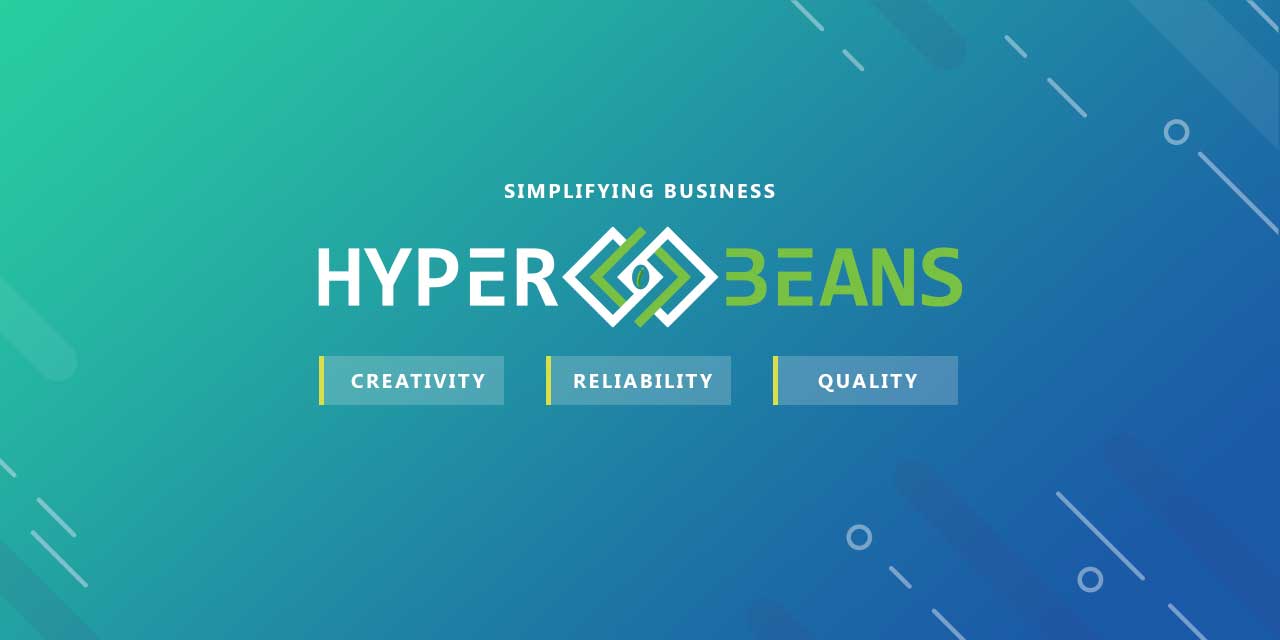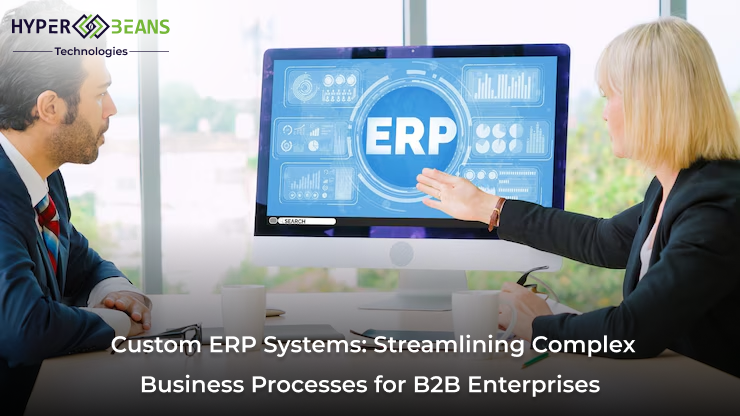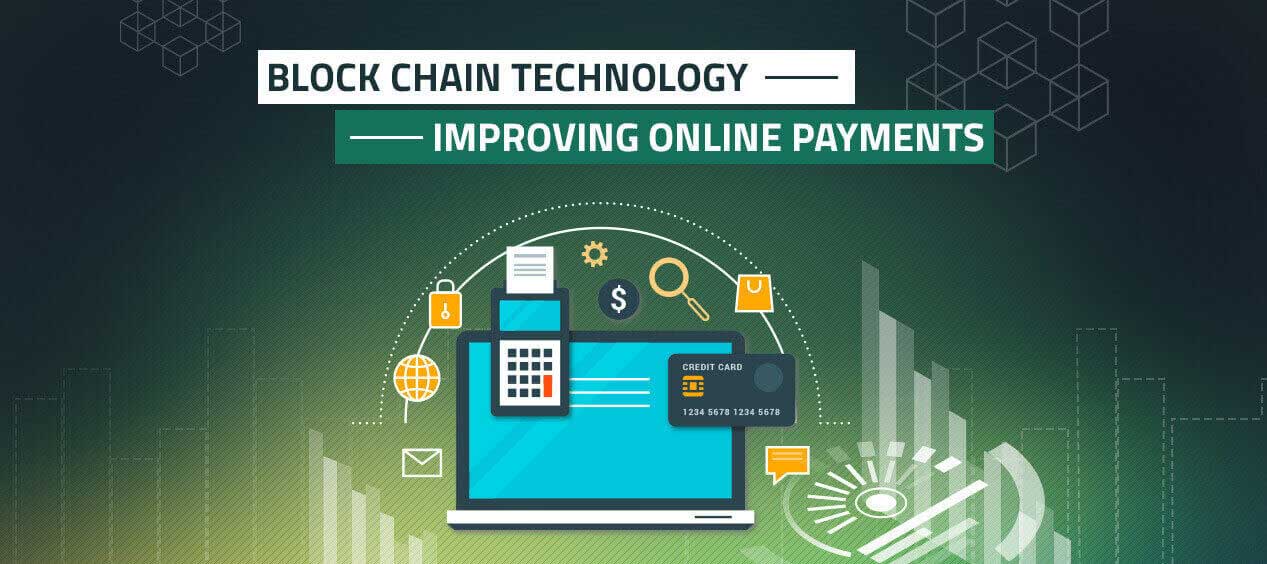In the fast-paced B2B business landscape, accuracy and efficacy are key success factors. Organizations that have huge operations, supply chains, and multi-level workflows are likely to struggle with multiple systems and redundant processes. Here is where Custom ERP Systems enter the scene with tailored solutions, which map directly to business needs and streamline functions effectively.
Understanding Custom ERP Systems
Enterprise Resource Planning (ERP) software is the lifeline of an organization, harmonizing all the departments and streamlining data to facilitate improved decision-making. Nevertheless, ready-to-use ERP products usually lag in resolving B2B companies' specific problems. Generic solutions, on the other hand, cannot accommodate precise business requirements like Custom ERP systems. Custom ERP systems are programmed specifically for precise business requirements so that department coordination runs smoothly, there is greater efficiency, and maximum resource usage occurs.
Why B2B Enterprises Need Custom ERP Systems
B2B businesses operate in a highly specialized environment where one-size-fits-all solutions are rarely effective. Here’s why investing in a Custom ERP system is crucial for B2B enterprises:
- Tailored to Unique Business Processes: All B2B companies have their specific operational needs. Pre-packaged software can be either too redundant with features that are not necessary or missing core functionalities. ERP systems that are customized guarantee the software is designed to specifically deal with the specialized workflow, sales cycles, and compliance needs of an organization.
- Enhanced Business Process Automation: Automation is the magic that ensures operational optimization, less manual labor, and enhanced accuracy. With a Custom ERP, companies can have Business Process Automation specifically designed to their precise requirements. From order fulfillment to invoicing and procurement, and inventory management to automation, errors are removed, and efficiency is enhanced.
- Seamless Integration with Existing B2B Software: Numerous B2B businesses count on numerous B2B software programs to streamline their day-to-day activities. An ERP Custom can be customized to integrate nicely with these tools, such as CRM, accounting tools, and supply chain management applications, promoting uniformity in the data from all systems.
- Scalability for Future Growth: As there is an increase in business, there is also a shift in operational requirements. ERP systems with customized development have the capability for scaling, therefore businesses can increase their new modules and features on need and timely basis. By virtue of being scalable, such a system avoids its own aging over time and maintains its capabilities of adapting with business growth throughout life.
- Cost-Effective in the Long Run: Although the up-front cost of a Custom ERP system is likely to be greater than buying an off-the-shelf product, the long-term savings are greater than the initial expenditure. By removing unnecessary license fees, less manual labor, and increased efficiency, companies are able to generate significant cost savings.
Key Features of Custom ERP Systems for B2B Enterprises
A Custom ERP is designed to address the specific needs of B2B companies, incorporating essential features such as:
- Advanced Inventory Management: B2B enterprises dealing with large inventories require precise tracking and control. A Custom ERP enables real-time inventory monitoring, automated stock updates, and predictive analytics to prevent overstocking or shortages.
- Supply Chain Optimization: Proper supply chain management and supplier, logistics, and distribution channel management is critical for B2B trade. Real-time tracking of shipments, vendor performance data, and auto-order processing are Custom ERP features that support frictionless supply chain management.
- Data-Driven Decision Making: Companies can gain important insights on customer behavior, sales patterns, and financials by using centralized data analytics and reporting tools. B2B software solutions integrated within Custom ERP platforms help decision-makers make informed choices.
- CRM and Customer Relationship Management: B2B businesses tend to deal with long sales cycles and intricate customer relationships. A Custom ERP with integrated CRM capabilities enables tracking of leads, account management, and customization of customer interactions for enhanced relationship management.
- Compliance and Security: Several industries have strict regulatory compliances that must be met by businesses. Industry-specific compliance regulations can be configured in custom ERP systems, so data remains secure and regulatory errors are minimized.
How SaaS Software Solutions Enhance Custom ERP Systems
With the rise of cloud computing, SaaS software solutions have transformed the way businesses operate. Modern Custom ERP Solutions can leverage SaaS technologies to provide:
- Remote Accessibility: Cloud-based ERP solutions allow employees to access crucial company data from distant places, thereby supporting remote work and team collaboration.
- Automatic Updates: SaaS-based Custom ERP systems receive regular updates and upgrades without disruption in functioning.
- Cost Savings: By eliminating infrastructure costs, SaaS systems allow B2B businesses to maintain an effective ERP system at reduced expense.
Implementing a Custom ERP System: Steps for Success
Creating and implementing a Custom ERP takes planning and proper execution. Here's the step-by-step approach to successful implementation:
- Assess Business Needs: Prior to creating a Custom ERP, companies need to analyze their processes, pain areas, and automation needs in depth. Determining critical areas for optimization allows the ERP solution to be built addressing particular issues.
- Define Clear Objectives: Establishing quantifiable objectives allows measuring the success of the ERP implementation. Whether supply chain effectiveness, minimizing manual labor, or better customer care is targeted, specific goals propel the development process.
- Choose the Right Development Partner: To construct a scalable and dependable system, you should have a professional ERP development company to work with. An excellent partner will contribute knowledge of B2B software development, security, and integration.
- Customize and Integrate: Businesses should collaborate extensively with the ERP provider throughout the development stage to tailor the system to their requirements. A smooth transition depends on ensuring seamless connection with current tools and applications.
- Train Employees and Test the System: Employee training and extensive testing are necessary to implement a successful ERP. Hands-on training guarantees that the employees are able to use the system to its full potential, while testing uncovers and fixes the possible problems before the entire implementation.
- Monitor and Optimize: Even after deployment, companies should monitor ERP activity constantly and optimize it as required. To keep the system in line with corporate goals, they should update and improve its functionality on a regular basis.
Conclusion
Adaptability, accuracy, and efficiency are indispensable to make B2B businesses competitive in the quickly changing marketplace today. Businesses can improve efficiency, automate corporate procedures, and merge B2B software solutions through investing in an integrated ERP system. Organizations can make themselves scalable, flexible, and cost-saving through SaaS software solutions.
The goal of long-term growth and profitability is realized through the automation of complex business operations into more simpler and efficient operations using the right method and planning. Are you ready to deploy a tailored ERP solution to evolve your business to the next level?











